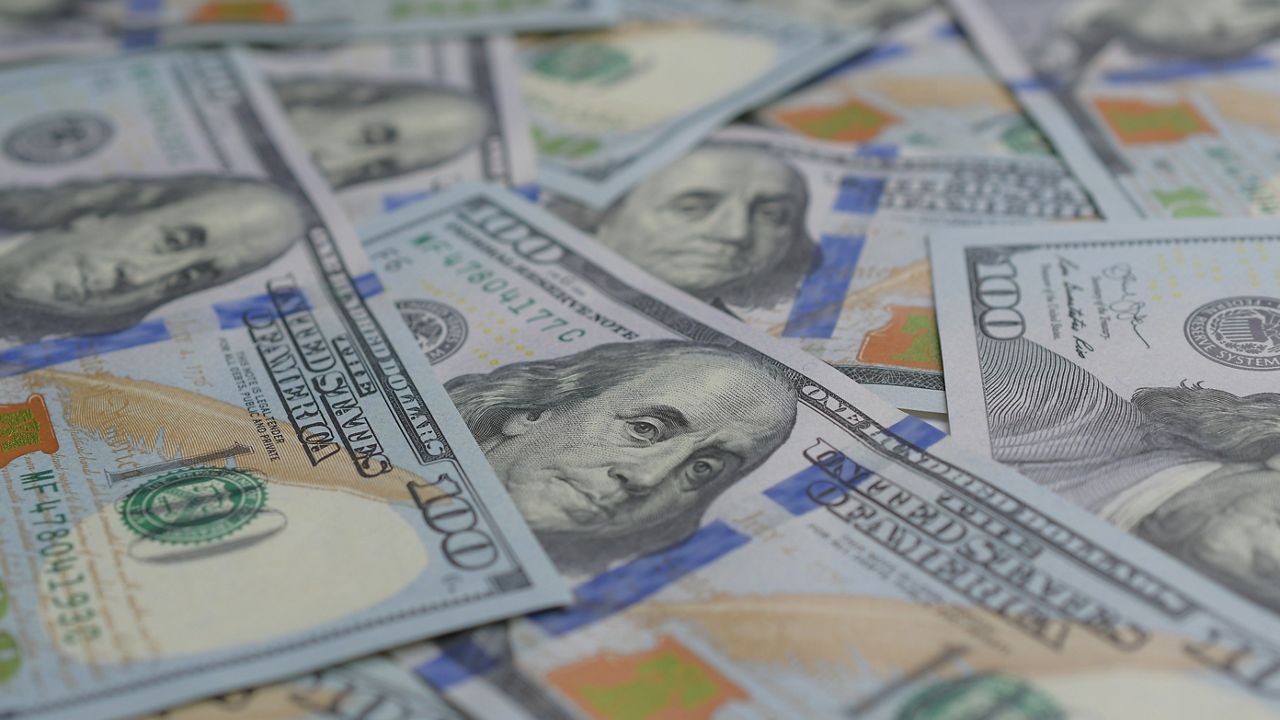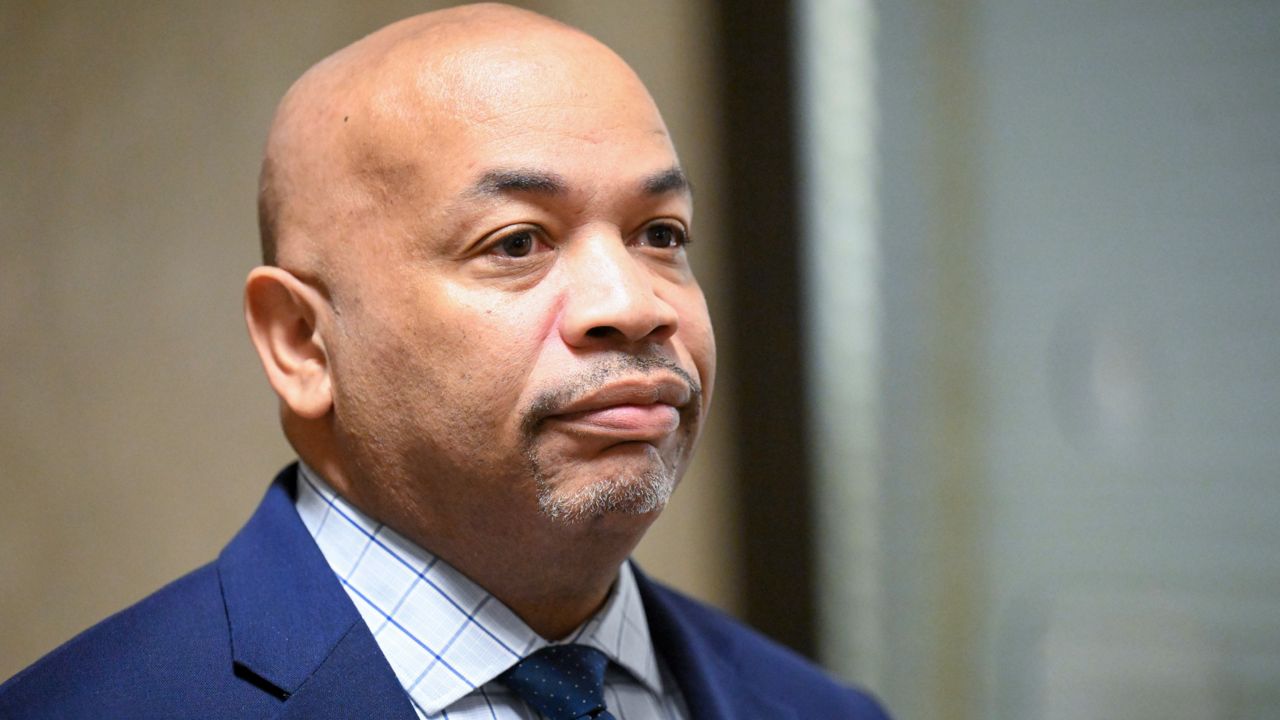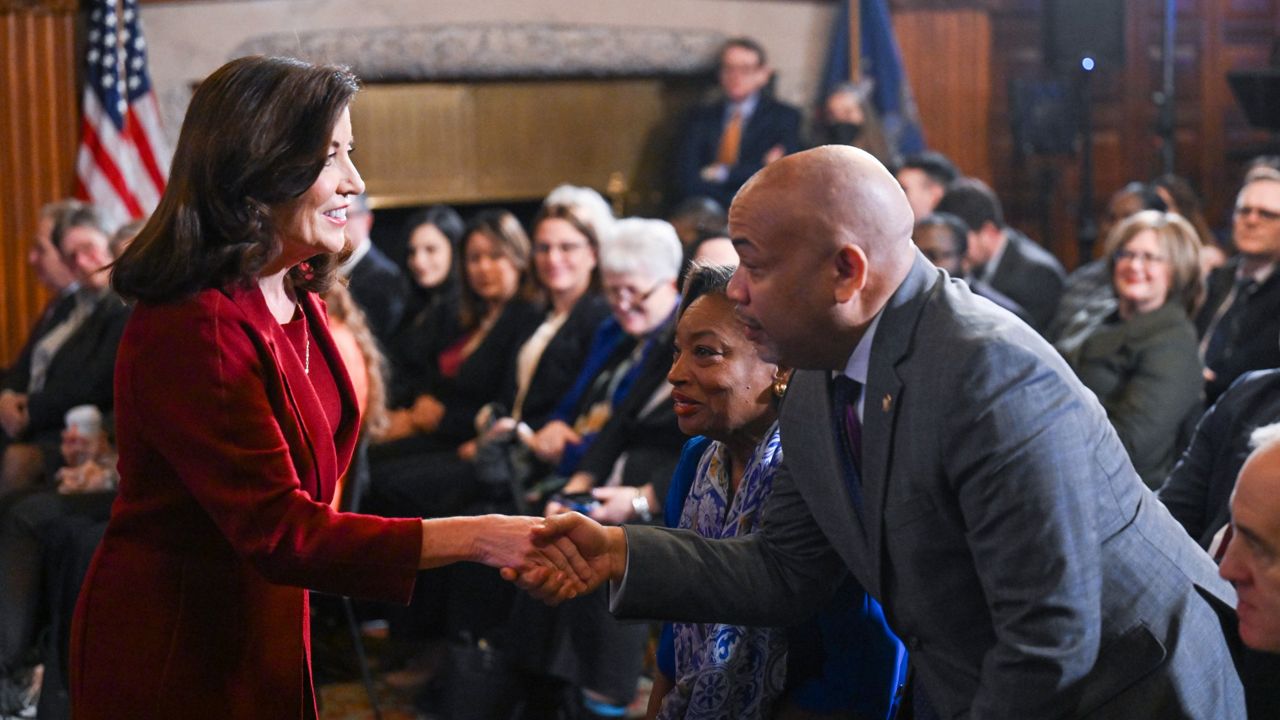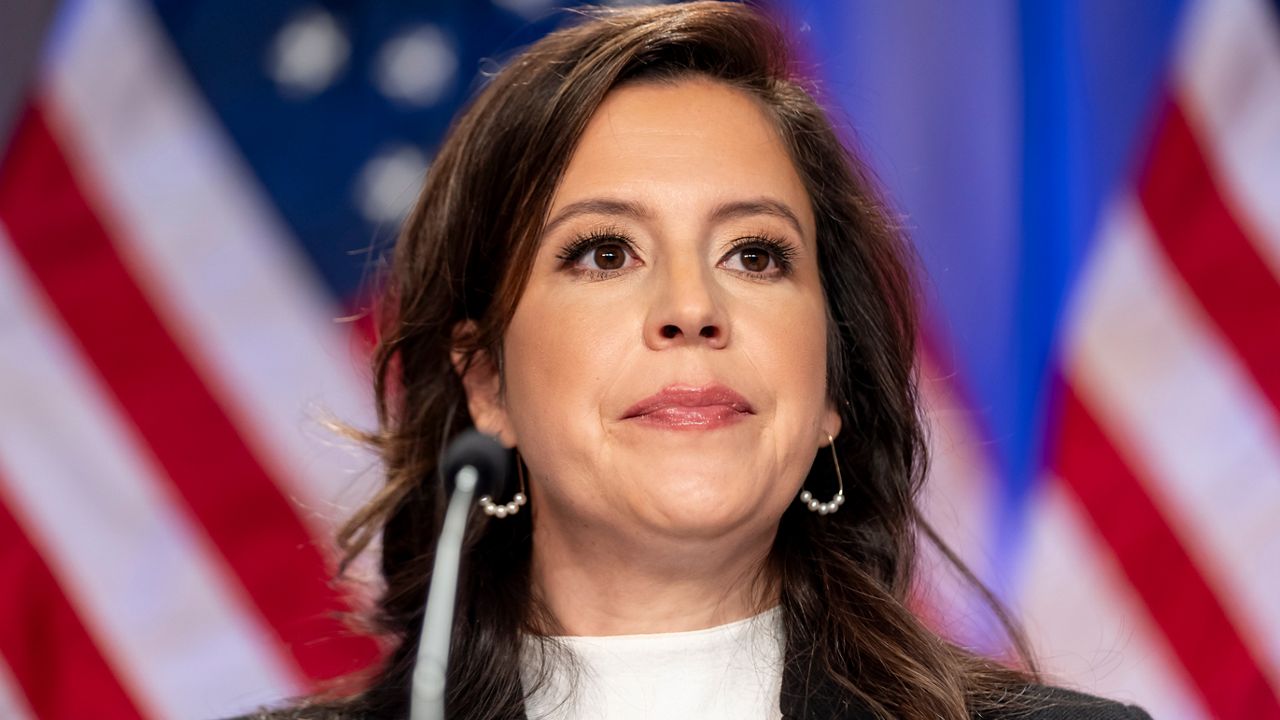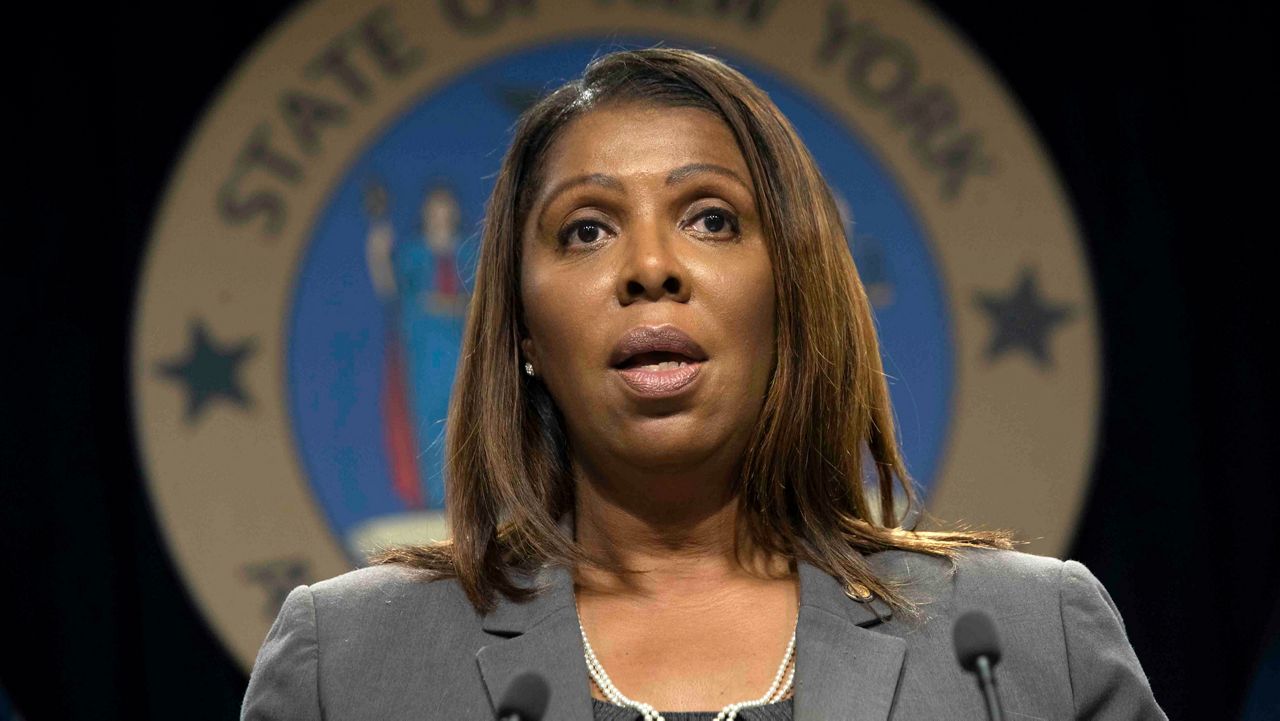The fate of New York's budget, its school spending, and even whether it increases taxes on the rich, for once, doesn't hinge on what happens within the state's borders.
It depends on what happens in Maine. Or Colorado. Or Florida. Or Pennsylvania.
What New York ultimately winds up getting from Washington could hinge on the outcome of a handful of elections and states this year. If Democrats recapture the White House and the U.S. Senate, New York will have a clear path to a hefty aid package in early 2021.
If Republicans retain the Senate or if President Donald Trump wins again — or both — a COVID-19 relief bill is still likely, albeit almost certainly a smaller one.
"Basically, the governor is betting the house on an election result that produces a bailout large enough to kick this problem down the road for a year and a half or even two," said EJ McMahon, a senior fellow at the Empire Center. "If that doesn't happen, I think what the budget numbers show is the state is in a lot of trouble."
An aid package has stalled since the spring amid opposition from Republicans in the U.S. Senate, who have accused states like New York and California of seeking a "blue state bailout."
A mid-year budget update released Friday painted a dark picture of the state's finances due to the ongoing coronavirus pandemic. Lost revenue has led to multi-year budget gaps that could have a cascading effect on schools, local governments and non-profit social service entities that provide programs to vulnerable people.
For now, the state has been withholding some funding to entities that rely on state payments. And at the moment, this arrangement can hold up. This has kept the door open to federal aid for state even as the plan B, an ugly mix of tax hikes, spending cuts and borrowing is yet to be specified, but remains in the wings.
"By the state not taking action, it makes it harder to close this year's gap and next year's gap," said David Friedfel of the Citizens Budget Commission.
"For entities who have been told that may have their payments will be decreased by 20%, it leaves them with the sense they won't know what their budgets look like for the rest of the year."
But what happens if state muddles through with a less-than-generous aid plan or a package that offers only one year of financial help?
"What are [they] going to do a year or two later after that runs out?" McMahon said. "That question has not really been addressed."




